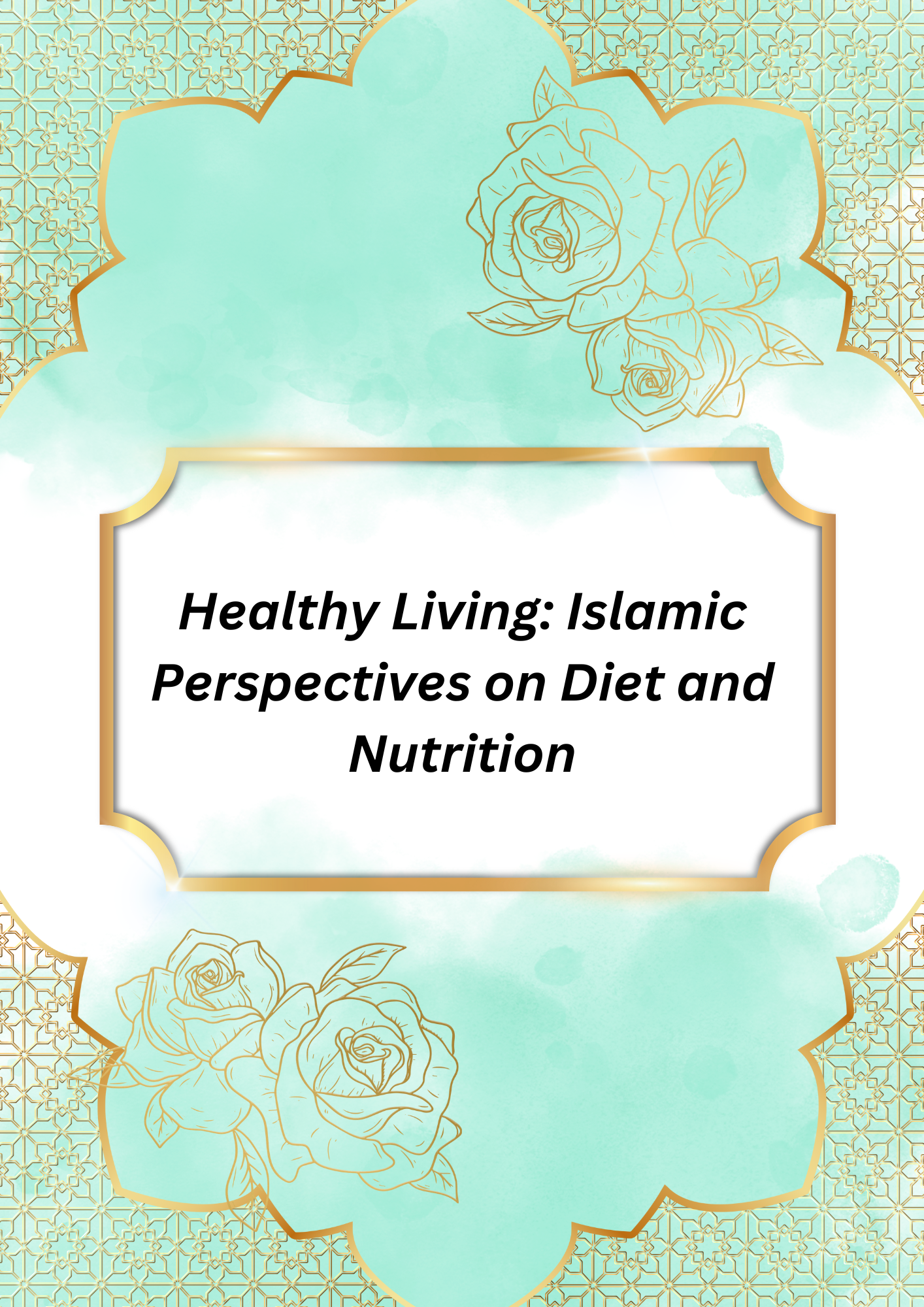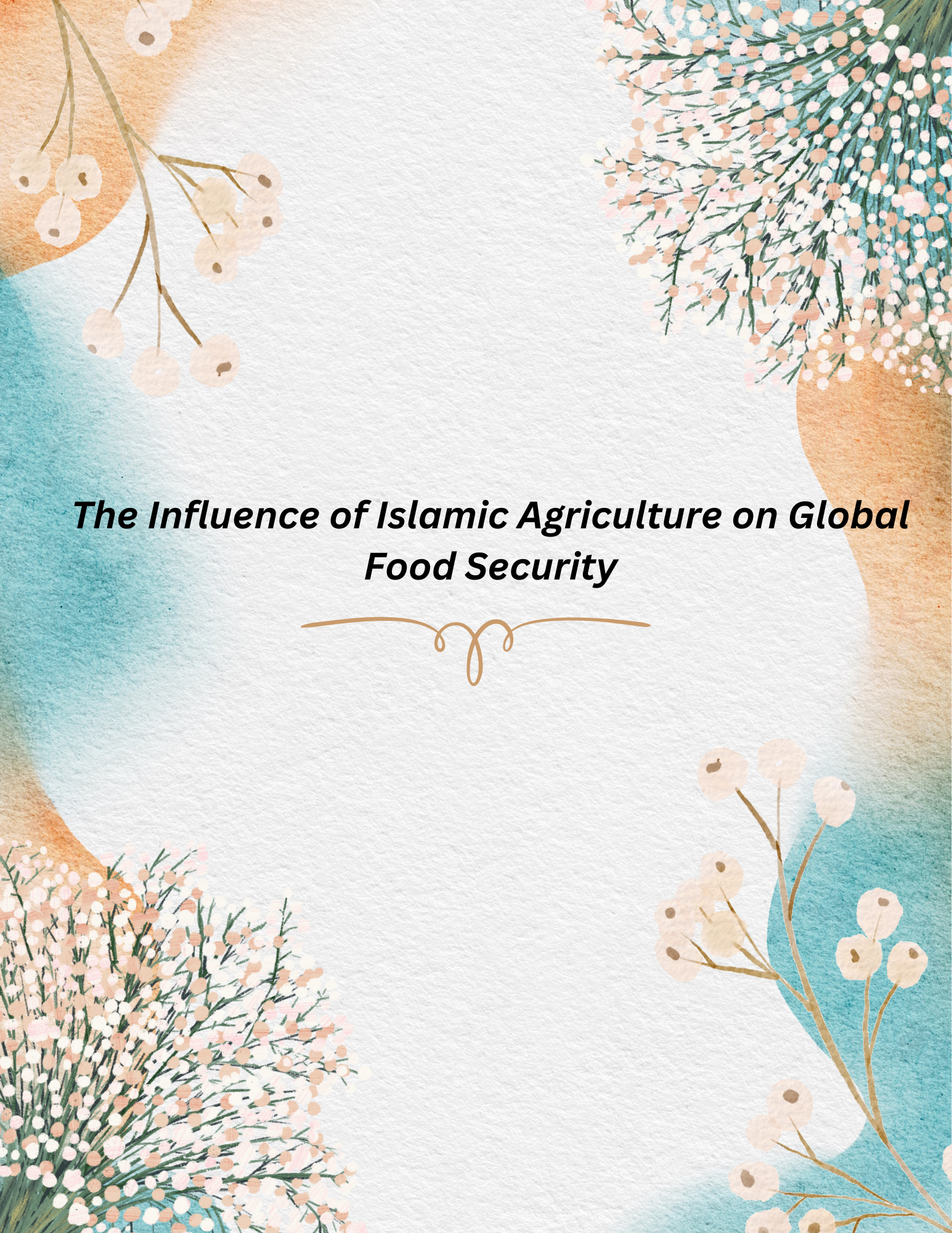In the pursuit of a healthy lifestyle, Islam offers valuable guidance on diet and nutrition that not only promotes physical well-being but also aligns with spiritual principles. This article explores the Islamic perspectives on food, dietary habits, and their significance in maintaining a balanced and wholesome life.
The Concept of Halal and Tayyib
Central to Islamic dietary laws is the concept of Halal and Tayyib:
- Halal: Refers to what is permissible or lawful according to Islamic law. In terms of food, it dictates what Muslims are allowed to consume, emphasizing principles of cleanliness and lawful sourcing.
- Tayyib: Denotes pure, wholesome, and good. It extends beyond the legality of food to include its quality, nutritional value, and overall impact on health.
Together, Halal and Tayyib guide Muslims towards making mindful choices about what they eat, ensuring that their diet not only meets religious requirements but also supports their well-being.
Prohibited Foods (Haram)
Islam prohibits certain foods and practices that are considered harmful or impure, such as:
- Consumption of pork and its by-products.
- Intoxication from alcohol or other substances.
- Meat from animals that were not properly slaughtered (Zabiha) or were dedicated to other than Allah (e.g., idolatrous sacrifices).
These prohibitions are intended to safeguard physical health and spiritual purity.
Emphasis on Moderation and Balance
Islamic teachings emphasize moderation (Wasat) in all aspects of life, including diet. The Prophet Muhammad (peace be upon him) encouraged his followers to eat in moderation, stating that the worst vessel a person can fill is their stomach.
Recommended Foods and Dietary Practices
Islam encourages the consumption of wholesome and nourishing foods, such as:
- Fruits and Vegetables: Fresh produce is praised for its nutritional benefits and natural goodness.
- Grains and Legumes: Staple foods like rice, wheat, and lentils provide essential nutrients and energy.
- Meat: Halal meat, obtained through humane slaughter, is allowed, emphasizing the importance of ethical considerations in food consumption.
- Prophetic Foods: The Sunnah (traditions of the Prophet Muhammad) highlights certain foods and practices, such as using olive oil, honey, dates, and moderation in eating.
Fasting and Health Benefits
The practice of fasting during Ramadan, the ninth month of the Islamic lunar calendar, not only strengthens spiritual discipline but also offers health benefits. It teaches self-control, detoxifies the body, and promotes empathy towards the less fortunate.
Conclusion
In conclusion, Islamic perspectives on diet and nutrition underscore a holistic approach to healthy living, integrating physical well-being with spiritual values. By adhering to Halal and Tayyib principles, practicing moderation, and observing the Sunnah, Muslims can cultivate a lifestyle that promotes longevity, vitality, and spiritual fulfillment.
Ultimately, Islamic dietary guidelines serve as a pathway to maintaining optimal health and wellness, aligning with the belief that good health is a blessing from Allah to be cherished and preserved through mindful choices and gratitude.



